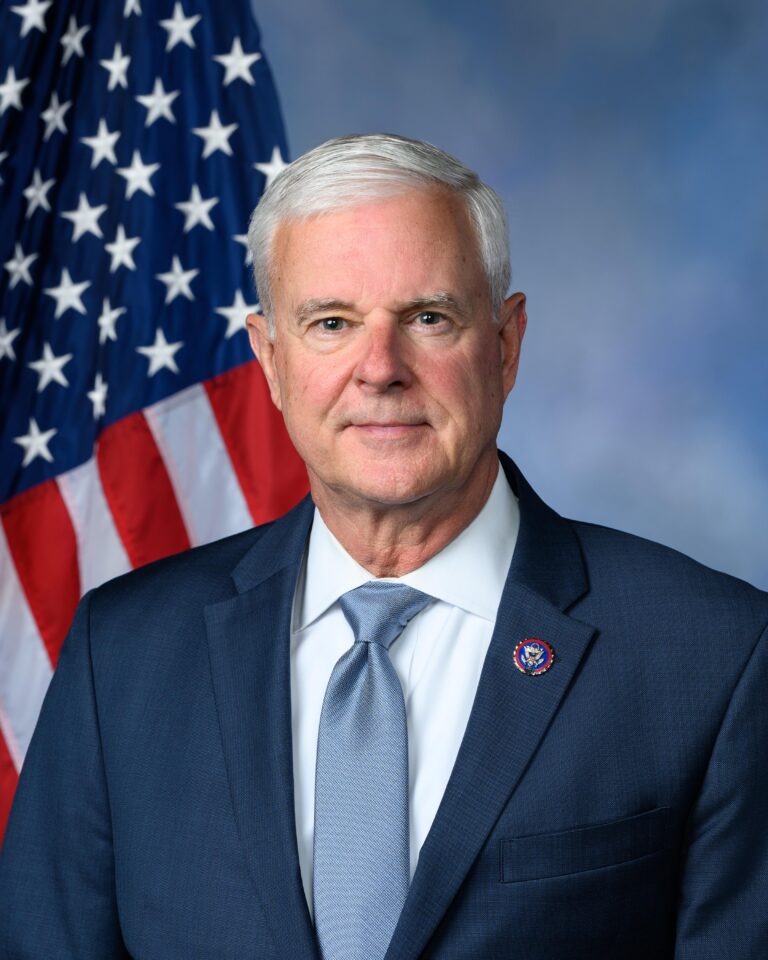U.S. Congressman Ronny Jackson has publicly criticized the Trump administration’s tariffs on Indian imports, describing them as detrimental to bilateral trade relations. In a recent statement, Jackson called for a diplomatic reset between Washington and New Delhi to ease tensions and foster stronger economic cooperation. His remarks come amid ongoing disputes over trade policies that have strained the longstanding partnership between the two nations.
U.S. Congressman Jackson Criticizes Trump Administration’s Tariff Policy on India
U.S. Congressman Jackson has openly condemned the Trump administration’s decision to impose tariffs on Indian goods, highlighting the adverse impact these measures have on bilateral trade and diplomatic relations. Jackson argues that these tariffs not only strain the longstanding strategic partnership between the United States and India but also undermine economic opportunities for American exporters. In a recent statement, he called for a reassessment of the policy, urging Washington to engage in constructive dialogue rather than protectionist tactics.
He emphasized several key concerns regarding the tariffs:
- Economic Consequences: Increased costs for American businesses importing Indian products, leading to potential price hikes for consumers.
- Strategic Implications: Risk of pushing India closer to competing global powers amid evolving geopolitical dynamics.
- Trade Imbalance: Disruptions in supply chains that have been developed over decades of cooperation.
| Aspect | Impact |
|---|---|
| Tariff Percentage | 25% |
| Affected Sectors | Pharmaceuticals, Textiles, Auto Parts |
| Projected Export Loss | $2 Billion |
Impact of Tariffs on Bilateral Trade and Economic Relations Explored
Recent tariffs imposed on Indian imports by the United States under the previous administration have significantly strained bilateral trade relations, igniting concerns among policymakers and industry leaders on both sides. U.S. Congressman Jackson sharply criticized these measures, arguing they have disrupted established economic partnerships, increased costs for American businesses and consumers, and ultimately weakened the competitive positioning of U.S. companies in the global market. The tariffs, originally justified on grounds of protecting domestic industries, have led to retaliatory responses and a freeze in negotiations aimed at expanding trade agreements.
The ripple effects of these policies are evident in key sectors such as technology, agriculture, and textiles, where tariff hikes have altered supply chains and investment flows. Experts note the following critical impacts:
- Trade volume decline: Bilateral exports and imports have registered a measurable downturn since the tariff implementation.
- Diplomatic friction: Heightened tensions have complicated broader strategic cooperation between the two nations.
- Market uncertainty: Businesses face increased unpredictability, affecting long-term planning and growth.
| Sector | Tariff Impact | Economic Consequences |
|---|---|---|
| Technology | 15% tariff on components | Supply chain delays, higher costs |
| Agriculture | 10% tariff on exports | Reduced export competitiveness |
| Textiles | 25% tariff on products | Investment withdrawal, job losses |
Calls for Diplomatic Engagement and Strategic Policy Recalibration to Strengthen US-India Ties
U.S. Congressman Jackson has vocally criticized the previous administration’s imposition of tariffs on Indian imports, describing the measures as counterproductive to long-standing bilateral relations. Emphasizing the strategic importance of India as an Indo-Pacific partner, he urged for a comprehensive diplomatic reset aimed at fostering greater economic collaboration and geopolitical alignment. Lawmakers on both sides see this as a pivotal moment to address trade grievances while enhancing cooperation on key areas including security, technology, and climate change.
Jackson highlighted several priorities to guide this recalibration:
- Revoking detrimental tariffs to rejuvenate trade flows
- Prioritizing dialogue on emerging technologies and cybersecurity
- Strengthening defense partnerships amid evolving regional challenges
- Coordinating joint efforts on sustainable development goals
| Focus Area | U.S. Objective | Indian Interest |
|---|---|---|
| Trade & Tariffs | Reduce barriers, increase exports | Market access, tariff relief |
| Defense Cooperation | Strategic interoperability | Technology transfers, joint exercises |
| Climate & Energy | Clean energy tech partnership | Investment in renewables |
| Technology & Innovation | Secure data sharing | Digital infrastructure growth |
To Wrap It Up
As the debate over trade policies intensifies, Congressman Jackson’s outspoken criticism of the tariffs imposed on India highlights growing concerns within U.S. political circles about the economic and diplomatic fallout of such measures. His call for a diplomatic reset signals a push for renewed dialogue aimed at strengthening bilateral ties and rebalancing trade relations. The developments underscore the complexities facing U.S.-India relations as both nations navigate competing interests in a rapidly shifting global landscape.




